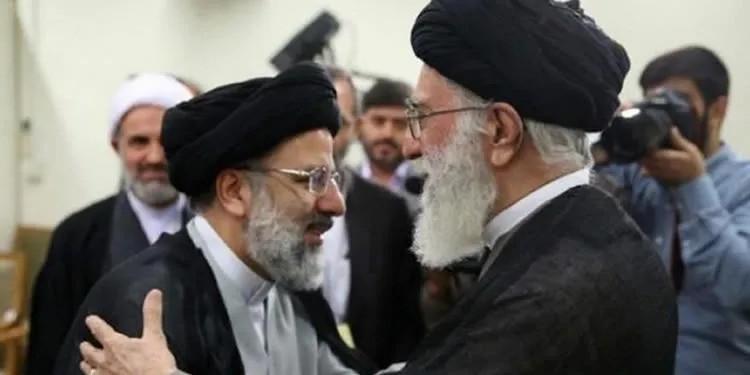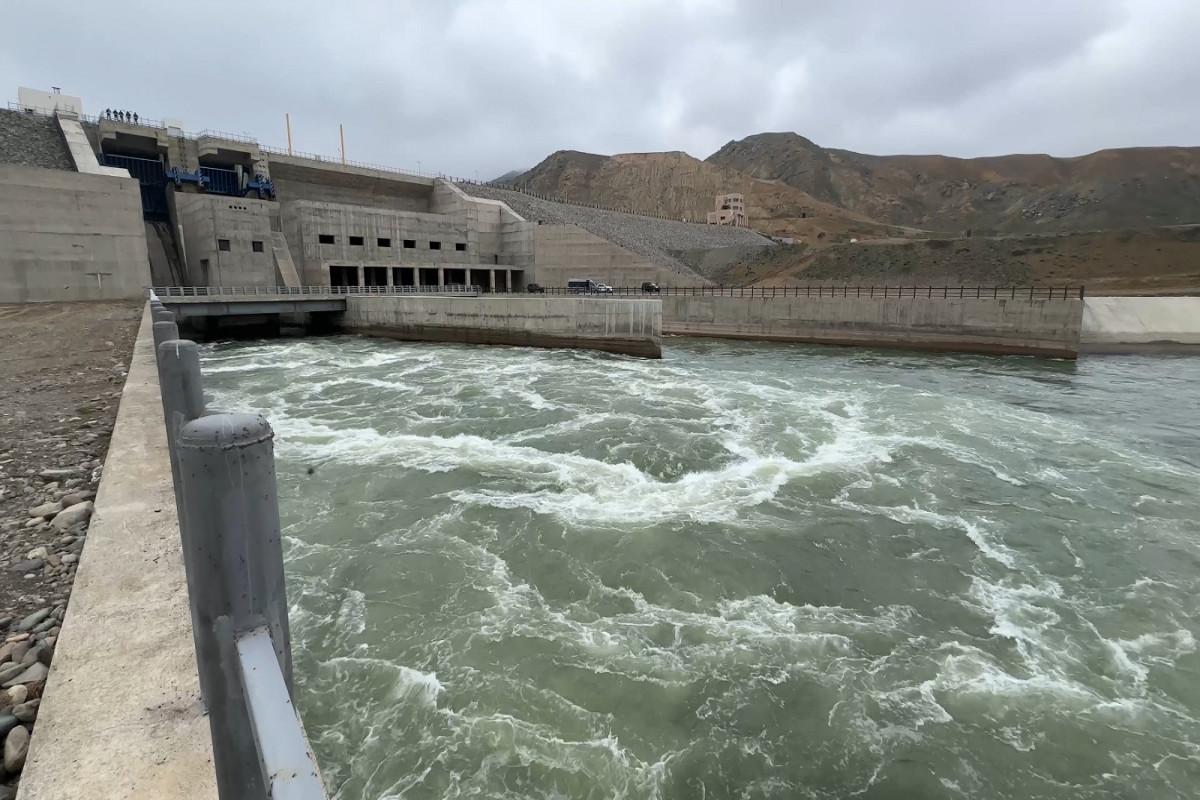Will Ebrahim Raisi’s death alter regional geopolitics? Inescapable partnership
The helicopter crash of Iranian President Ebrahim Raisi on May 19 sparked debates within the country and abroad about whether it was a coincidence or a well-prepared plot to paralyse the Iranian government. As a result, Iranian President Ebrahim Raisi, Foreign Minister Hossein Amir-Abdollahian, and six other passengers and crew died in a helicopter crash. The aircraft went down in dense fog in a mountainous region of East Azerbaijan province in northwestern Iran after returning from the opening ceremony for a dam on the border with Azerbaijan.
Another factor that led to various speculations was the upcoming elections on June 28, which were set by the Supreme leader Ayatollah Ali Khamenei. However, contrary to reports, Raisi’s death will not significantly alter the Iranian domestic or foreign policy course as the president has no executive power in Iran. Moreover, during his term, President Ebrahim Raisi was not able to demonstrate enough political willingness to soften international sanctions or reach a consensus over the nuclear deal with Western countries. President Raisi's term is remembered as one of Iran's most prolonged and violent series of protests in 2023.
Moreover, President Raisi and FM Abdollahian were stalwart supporters of improving Iran’s ties with Russia. It was one of Raisi’s priorities from the very beginning of his presidency, and he selected Moscow for one of his first foreign trips in 2022. In the wake of the crash, Ali Bagheri Kani has been promoted to Foreign Minister, stepping up from his previous role as deputy, while First Vice President Mohammad Mokhber will serve as interim president until an election is held within the next 50 days.

The death of Raisi, who was seen as a potential successor of the long-term Supreme Leader Ayatollah Ali Khamenei, would trigger more heated regional geopolitical rivalry with neighbouring countries, such as Türkiye. Tehran has long perceived Ankara as a powerful rival due to its active interference in processes in Iraq, Syria, Central Asia, and the South Caucasus regions. Nevertheless, instead of having an open confrontation, Tehran maintained a balanced partnership with Ankara, thus seeking benefits from it.
Türkiye’s critical role during the second Karabakh war between Armenia and Azerbaijan in 2020 led to Iran’s open confrontation with Ankara and Baku, referring to the threat of “pan-Turkism” in its close periphery. Although the bellicose rhetoric was replaced by a pragmatic partnership soon, Raisi's death after a few hours of visiting Azerbaijan generated questions about whether the Iranian leader's death would affect Baku – Tehran relations. However, there was no way that the Azerbaijani authorities could have known that the Iranian delegation would be dead after a few hours of the opening ceremony of Khudafarin HPP.

After two years of diplomatic tensions, Baku and Tehran expressed willingness to return to the regional partnership format, which was recently cemented by the inauguration of a new hydropower plant over the Aras River. The facility, dubbed Giz Galasi, is the first of several such projects to start operating on the river with the dual aim of generating electricity for both countries and facilitating irrigation for agriculture.
Therefore, it is unlikely that the interim Iranian government and the new government will pressure Azerbaijan or attempt to downgrade the level of partnership. On the contrary, the new government will make enormous efforts to maintain the current level of goodwill partnership. In a broader context, official Tehran will likely follow late President Raisi's suit toward the immediate neighbourhood, particularly toward Russia.
Nevertheless, before pursuing a new foreign policy strategy, Iran will witness a domestic fight for Raisi's post, which will be problematic for the country. The new president must have good ties to conservative clergy and military elite, particularly the Iranian Revolutionary Guards (IRGC), as late FM Abdollahian and Ebrahim Raisi were. Moreover, the power transition in the country would be problematic as the new president will face severe challenges such as harsh inflation, economic crisis, domestic violence, and regional insecurity stemming from the Hamas–Israel war. Conversely, a new president might seek to sustain the momentum in improving relations with Gulf states, which have extended condolences after Raisi’s death.








